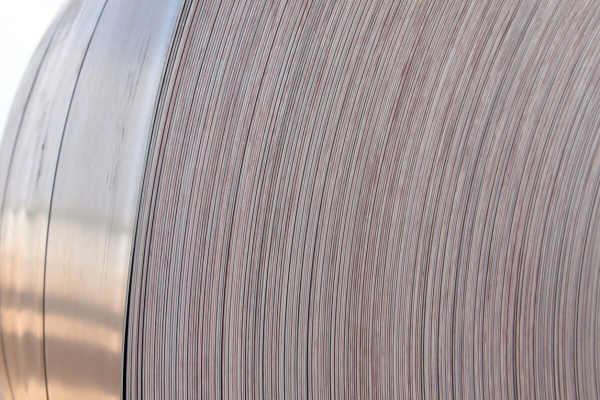As the EU’s current steel safeguard measure approaches its June 2026 expiry date, the European Association of Non-Integrated Metal Importers & Distributors (EURANIMI) is urging the European Commission to create a transparent and predictable framework. The association stresses that new rules must protect competitiveness, ensure legal certainty, and avoid repeating past trade policy mistakes.

Key demands from EURANIMI
Predictability and uniformity
EURANIMI insists that any replacement safeguard must apply uniformly across all 27 EU member states. Businesses should have clarity at the time of purchase, supported by sufficient adaptation time before implementation.
Closing loopholes
The association highlights that current exemptions, such as the slab exemption, undermine the safeguard’s effectiveness. EURANIMI calls for such loopholes to be eliminated.
Workable rules of origin
EURANIMI strongly opposes “melt and pour” requirements, describing them as unverifiable, prone to fraud, and inconsistent with World Trade Organization (WTO) principles.
Stainless steel: already heavily protected
Stainless steel accounts for just three percent of EU consumption, yet it is already covered by 10 separate trade defense measures. With the Carbon Border Adjustment Mechanism (CBAM) taking effect in January 2026, imports of carbon-intensive stainless steel will face hundreds of euros per ton in additional costs, acting as a trade barrier to such imports. Therefore, introducing further safeguards, EURANIMI warns, would be premature and risk new distortions.
If unavoidable, EURANIMI favors a uniform flat tariff instead of the unpredictable tariff-rate quota (TRQ) system, which, it stated, has proven unpredictable, distortionary, and discriminatory in practice.
Evidence-based approach
EURANIMI stresses that future safeguards must be proportionate, product-specific, and evidence-driven. The association argues that overly restrictive measures would damage downstream industries that rely on affordable steel inputs.
Conclusion
Calling on the Commission to avoid past mistakes, EURANIMI emphasizes the need for predictable, proportionate, and competitive rules. A balanced framework would strengthen Europe’s industrial resilience without imposing unnecessary distortions on the steel supply chain.